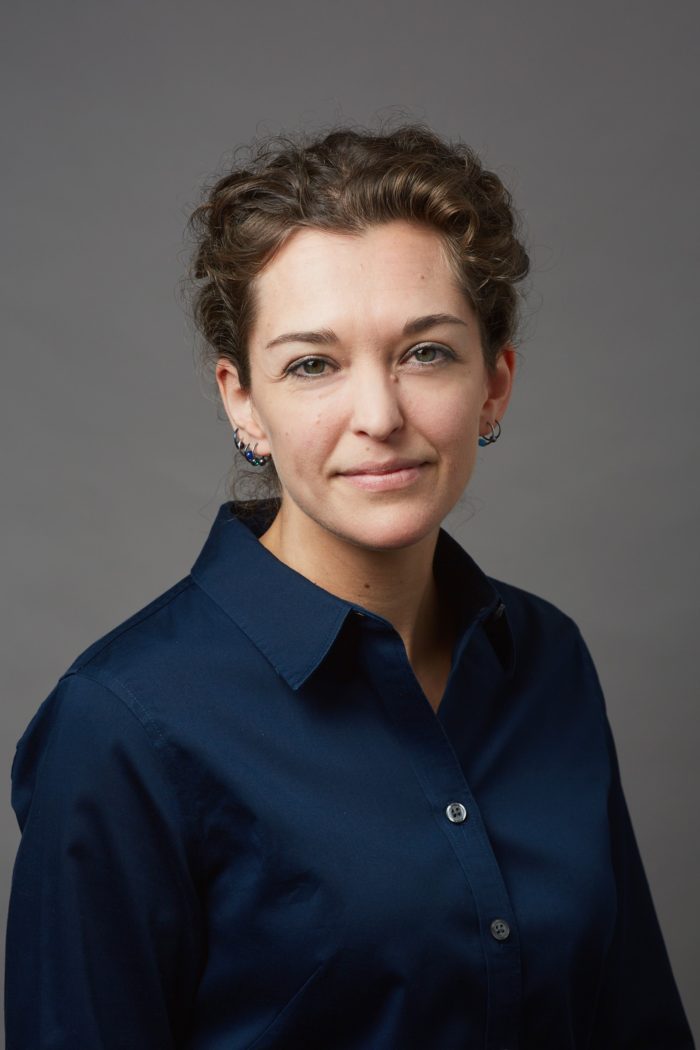SMSRF Announces Project at Yale University Department of Neuroscience, Kavli Institute for Neuroscience
2022 Research UpdateOctober 1, 2019
Investigation of Cortical Dynamics and Network Architecture in Rai1 Haploinsufficient Mice
A major challenge to treating and preventing neurodevelopmental disorders is understanding the complex links between genetics and behavior. Despite identification of the gene Rai1 (retinoic acid-induced 1) as the central factor in Smith-Magenis Syndrome, we still know relatively little about how disruption of this gene alters the development and function of the brain. Our labs have developed novel strategies using light microscopy to monitor or “image” the activity of millions of neurons in the brains of awake, behaving mice. We combine powerful microscopes with genetically encoded fluorescent sensors that light up when neurons are active, providing a readout of brain function with extremely high spatial and temporal resolution. With these tools, we can investigate how patterns of neural signals, which reflect the underlying connections of brain networks, occur spontaneously or in response to sensory inputs. We specifically focus on the neocortex, as this brain region is critical to most cognitive and emotional functions, including perception, motor activity, attention, and working memory. Because this work is done in mice, we can take advantage of experimental genetic strategies, in which genes like Rai1 have been altered to model changes seen in SMS patients. By imaging neocortical signals in mouse models of disrupted Rai1, we hope to identify previously unknown functional signatures of brain activity associated with SMS. We expect our findings will provide fundamental insight into the function of Rai1 in the neocortex and also generate a novel experimental platform from which to evaluate potential therapies aimed at modifying brain activity and improving functional outcomes for SMS patients.
Researchers:
JESSICA A. CARDIN, PhD
Associate Professor

MICHAEL J. HIGLEY, MD, PhD
Associate Professor


